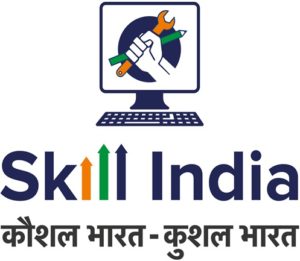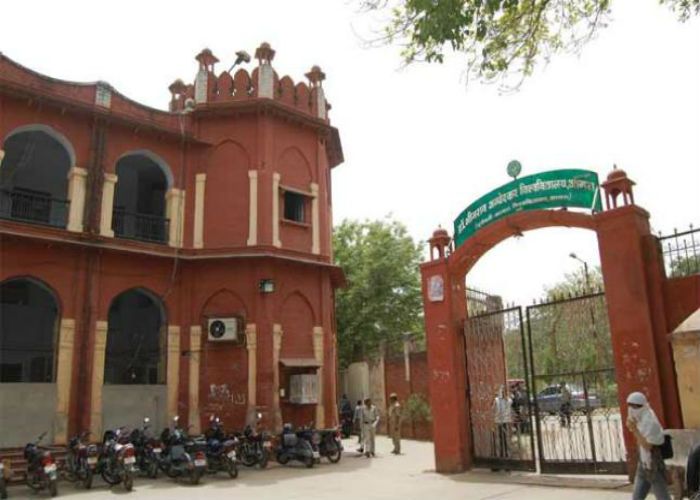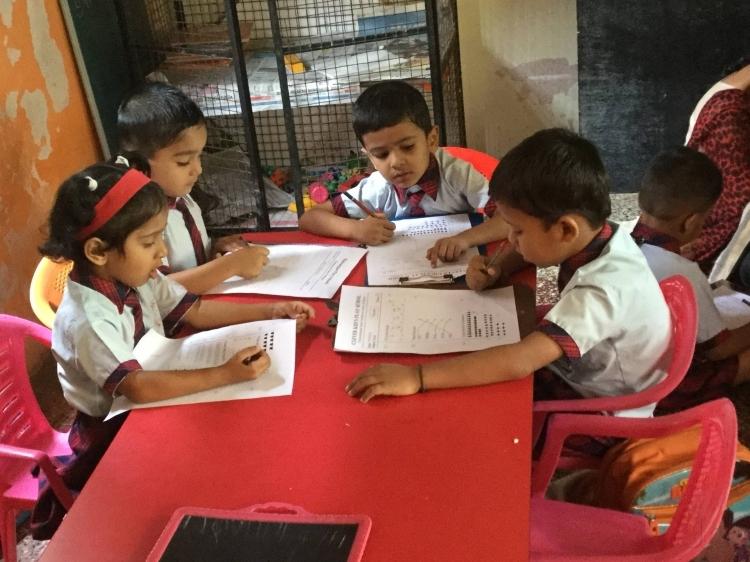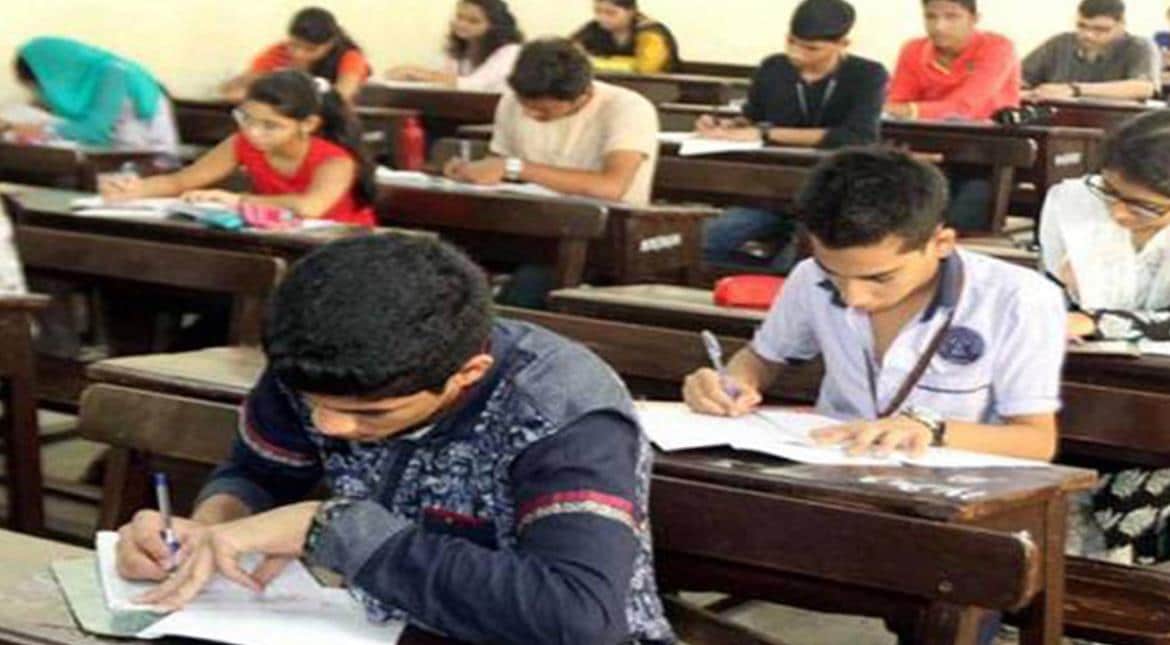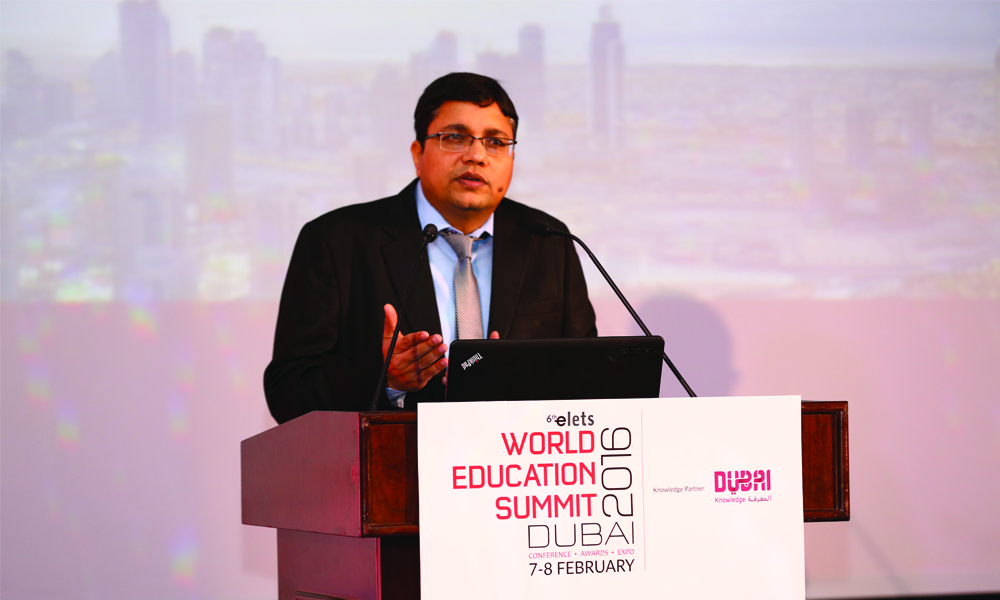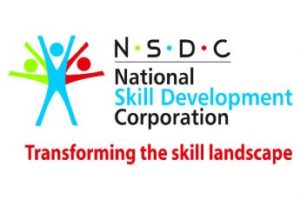The UAE Embassy Trade & Commercial Office, in partnership with the Knowledge & Human Development Authority (KHDA), Government of Dubai is going to organise an event on “Dubai: Opportunities in Schools and Private Education” theme.
The event will feature remarks by KHDA, New England Association of Schools and Colleges (NEASC), Dwight School and presentations by international K-12 operators and US education industry experts.
Key Discussion Points:
*Dubai – The Land of Opportunities in Education
*How US Companies are Shaping the Future of Education in Dubai
*Growth Opportunities
& many more…
Key Speakers:
*Dr. Abdulla Al Karam, Chairman of the Board of Directors and Director General, KHDA, Dubai
Dr. Abdulla is responsible for a wide spectrum of education in Dubai’s private sector, spanning early learning, school, and higher education and training Institutes.
*Mark Stapleton, Director of External Relations, NEASC
Mark has visited more than 30 countries, worked on site in Dubai and Abu Dhabi, and was education policy advisor to the Minister of Education, United Arab Emirates.
*Kalthoom Al Balooshi, Executive Director of Education Development, KHDA
Kalthoom HAS played a central role in setting up the Dubai Schools Inspection Bureau – the first accountable, transparent inspections programme of its kind in the region.
Stephen Spahn, Chancellor, Dwight School, USA
Celebrating a milestone 50 years in education in 2017, Chancellor of Dwight School, Stephen Spahn, is the longest-serving school leader in New York City.
& many more…
Want one-on-one meetings with KHDA?
To schedule a meeting following the event, please indicate your interest in your RSVP.
When: Wednesday, December 6
Time: 9:30 AM – 1:00 PM
Venue: Embassy of the United Arab Emirates, 3522 International Court, NW Washington, DC 20008
Participate Now! To register, click here.
You can also RSVP directly to: trade@uaeembassy-usa.org with a Cc to ForwardEd@khda.gov.ae
If you are unable to join, please feel free to designate a colleague to attend in your place.










